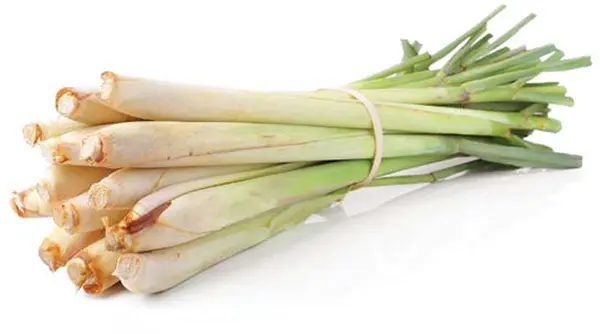
Lemongrass: The Citrus-Scented Herb of Wellness and Clarity
Lemongrass, scientifically known as Cymbopogon citratus, is a tropical Asian grass revered for its citrus-like aroma and taste. This versatile herb finds its way into culinary, medicinal, and aromatherapeutic applications. Its stalks enhance culinary dishes, while its leaves, both fresh and dried, along with its essential oil, are valued in various healing practices.
Historical and Cultural Significance
Fondly known as “fever grass,” lemongrass has a longstanding history in Indian traditional medicine, particularly in treating fevers. Indian palm-leaf manuscripts preserved with lemongrass oil testify to its historical significance. Indigenous Australians utilized lemongrass in beverages and as a topical application for various skin ailments. This herb also holds a cherished place in Asian cuisine, adding its unique flavor to Thai and Vietnamese dishes.
Healing Properties
Renowned for its antibacterial, antifungal, and antioxidant qualities, lemongrass addresses various health concerns. Its steam treatment is beneficial for acne, while its essential oil provides relief from headaches, stomachaches, joint pain, and muscular soreness. Drinking lemongrass tea offers respite from coughs and soothes sore throats.
Magical and Spiritual Uses
In the realm of magic, lemongrass is a potent cleanser, eliminating negativity and fostering good luck. It enhances psychic abilities and is effective in purification rituals and divination practices. As a floor wash, it dispels evil influences, and its inclusion in bathwater amplifies its purifying power.
Personal and Spiritual Growth
Lemongrass facilitates spiritual opening and clears obstacles, promoting effective communication and understanding in complex situations. Its essential oil induces calmness, clarity, and a sense of forgiveness. When added to bathwater, it invigorates sexual energy. In aromatherapy, lemongrass alleviates tension and stress, enhancing sensory perception.
